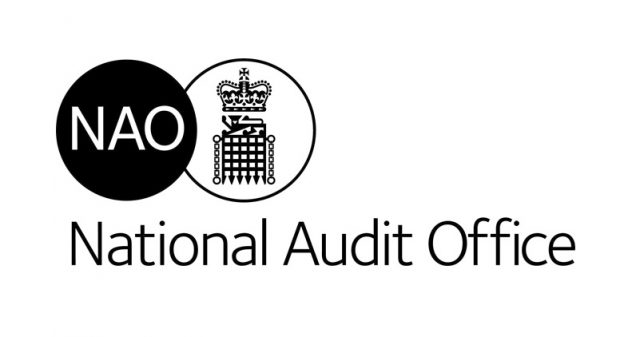Celebrating Our New Lead Schools for Music Education in Cheshire West and Wirral
On Thursday, 26th June, Edsential proudly welcomed six schools from...30 Jun 2025

A lack of school spending data on mental health means it is not possible to plan support for pupils in need across the country, the government’s spending watchdog has warned.
The National Audit Office found that schools’ engagement with local health services “could be positive but was variable”, and that cross-government working on the issue of child and adolescent mental health is limited by funding constraints and a “lack of data on expenditure and activity”.
Most schools in England provide some form of mental health support to pupils. According to a survey of 2,780 schools conducted last year, 84 per cent of secondary schools and 56 per cent of primaries provide counselling services, while 71 per cent of secondary schools and 63 per cent of primaries provide some form of educational psychological support.
In our fieldwork, we heard concerns that cuts to universal services were increasing demand for NHS mental health services, and examples of where CCGs were now funding services previously funded by local authorities or schools
Further measures to help schools deal with mental health problems in pupils are also being rolled out, including new mental health support teams set up to bridge the gap between education and health services, and funding for mental health leads in secondary schools.
However, in a report released today on improving children and young people’s mental health services, the NAO said the government must put in place mechanisms to “improve understanding of spend and activity on mental health support across the system, particularly in schools and local authorities”.
A lack of data in this area “limits the government’s ability to make informed decisions about the level of support offered to children in different areas of the country”, the watchdog found.
In researching its report, the NAO spoke to local clinical commissioning groups, which reported positive but variable engagement from schools.
In two of four case study visits, the CCGs felt that “most schools were engaged in the local transformation plan”. In the other two areas, they felt the picture was “more mixed”.
Last week, the Education Policy Institute warned that pupils referred to mental health services by their schools are being turned away if they don’t exhibit the same problems at home. The think tank found that as many as 1 in 4 children referred to CAMHS in England are rejected, and that school staff are required to respond to children who self-harm, despite cuts to school support services.
The NAO also raised concerns about funding cuts in its report. For example, the Department for Education reported that schools “report that they take the mental health of their pupils seriously, but can feel constrained by limited resources”. The report pointed to a survey by the ASCL school leaders’ union in 2017, which found 50 per cent of schools had cut back on mental heath support over the previous 12 months.
“In our fieldwork, we heard concerns that cuts to universal services were increasing demand for NHS mental health services, and examples of where CCGs were now funding services previously funded by local authorities or schools,” the report said.
Sir Amyas Morse, head of the NAO, said parity of esteem between physical and mental health services for children and young people was a “laudable aim”.
“However, to deliver meaningful change, this must be matched by the necessary planning, resourcing and co-ordination,” he said. “Despite a welcome start this aim remains far off. Current targets to improve care are modest and even if met would still mean two-thirds of those who need help are not seen. Rising estimates of demand may indicate that the government is even further away than it thought.”
Taken from: https://schoolsweek.co.uk/spending-watchdog-warns-of-lack-of-data-on-pupil-mental-health-support/